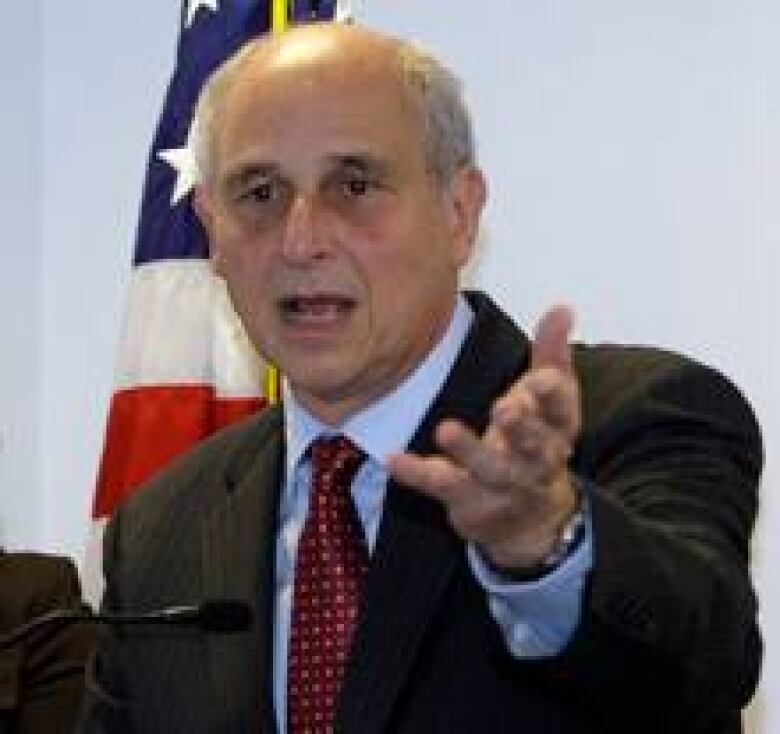FTC pitches 'Do Not Track' plan to Congress
Consumer protection boss wants opt-out provision built into browsers
U.S. lawmakers got their first look at proposed "Do Not Track" legislation this week, as the head of the Federal Trade Commission's consumer protection bureaumet Congress to explain why online consumer privacy protection is so badly needed.

Tracking software is now so sophisticated that a third party can see what's on consumers' screens, record their mouse movements, clicks, and how long they stay on a page.
Vladeck pointed to an example from earlier in the week, when the FTC prosecuted a company that was allowing parents to spy on their children's web activities. The company was also selling access to kids' chats and web history to third parties.
'The commission supports a more uniform and comprehensive consumer choice.' David Vladeck, FTC director of consumer protection
The practice allows marketers to build dossiers on consumers and target them more directly. It's called behavioural marketing.
"The commission supports a more uniform and comprehensive consumer choice mechanism for online behavioural advertising," Vladeck said in his presentation.
The Do Not Track proposal was raised in a privacy report released by the FTC this week.

Instead, he said, the FTC is working with companies that develop web browsers to allow settings that would communicate to web trackers that the user does not wish to be tracked.
"(It) would likely involve placing a setting similar to a persistent cookie on a consumer's browser, and conveying that setting to sites that the browser visits, to signal whether or not the consumer wants to be tracked or receive targeted advertisements."
Vladeck said Congress should consider several issues if it chooses to proceed with the Do Not Track legislation.
- It should not undermine the benefits that behavioural marketing provides to consumers, such as funding content and services.
- It should not require any sort of registry consumers have to sign up for.
- It should have an option where consumers can opt out of certain types of tracking or advertising but accept others.
- It should be simple and easy to find and use.
- The FTC should be given the power to fine advertisers who don't comply with the requirements of the legislation.












_(720p).jpg)


 OFFICIAL HD MUSIC VIDEO.jpg)
.jpg)



























































































